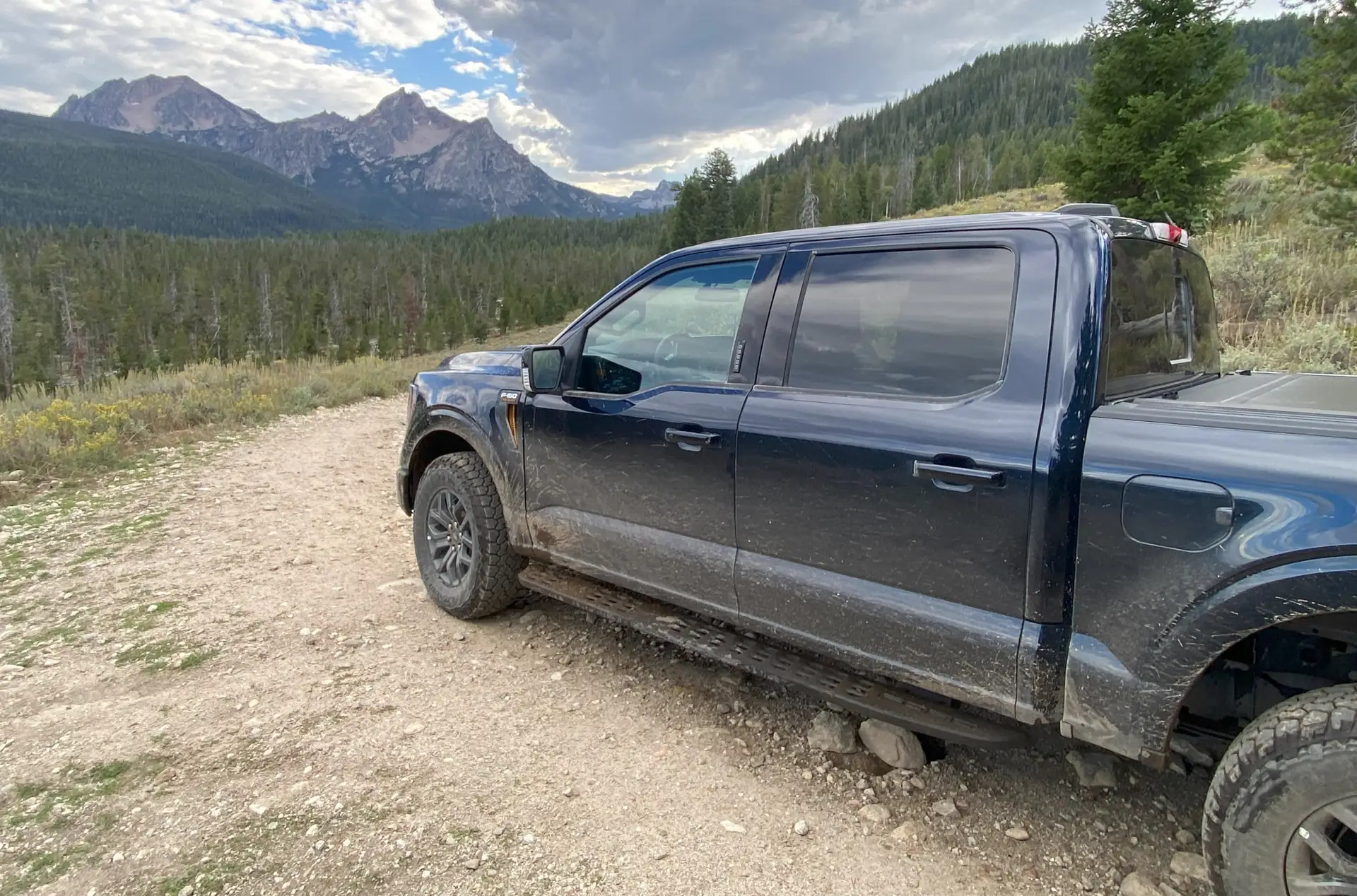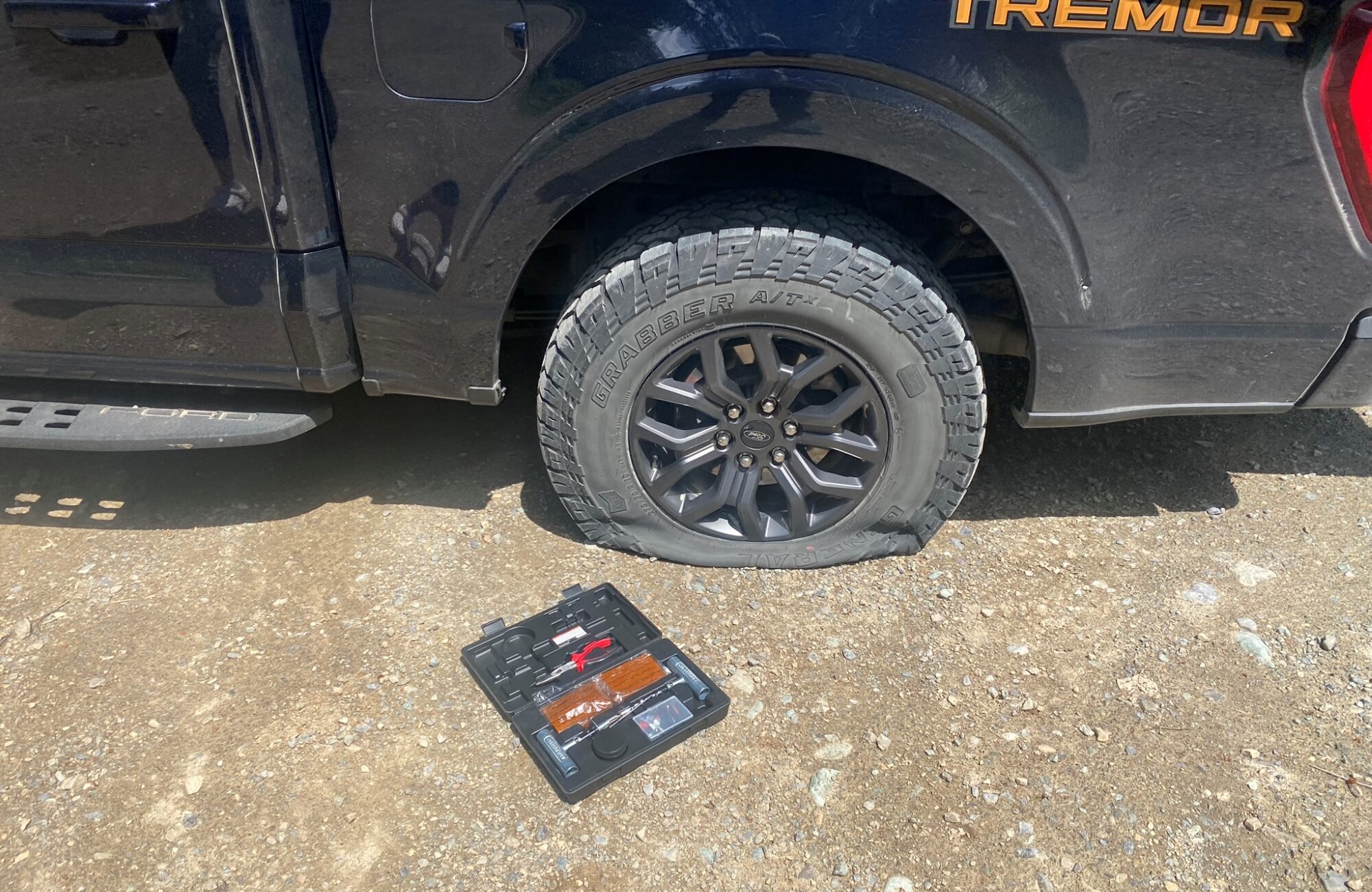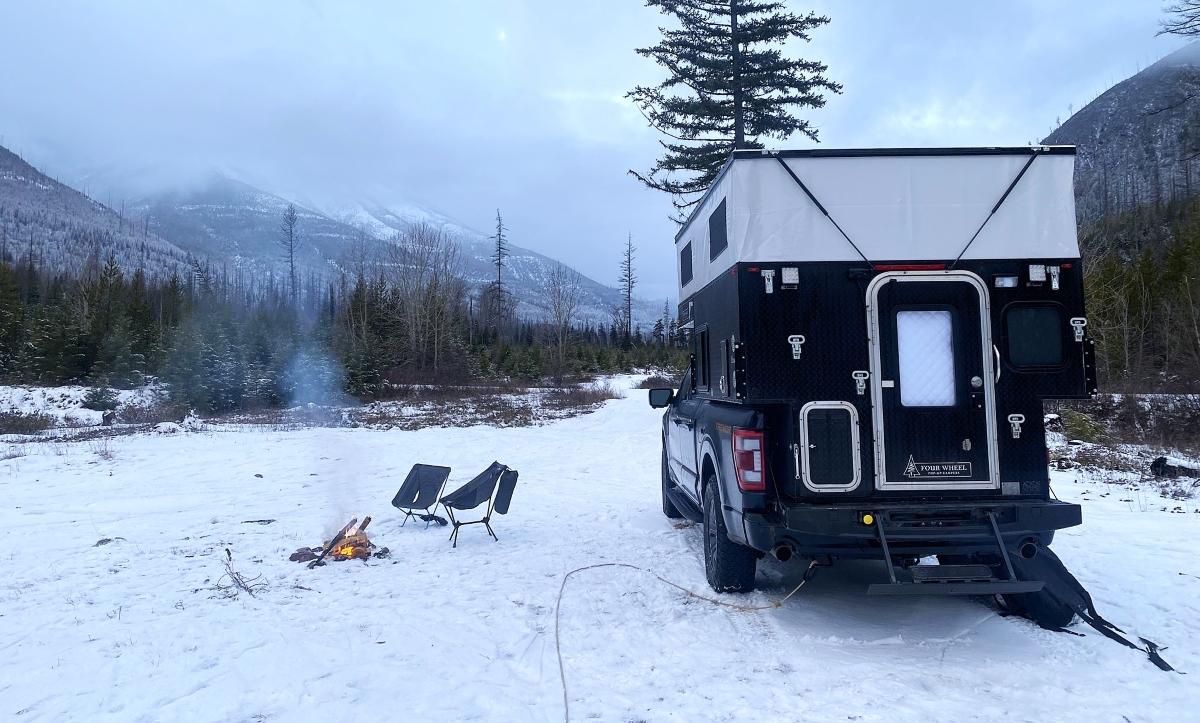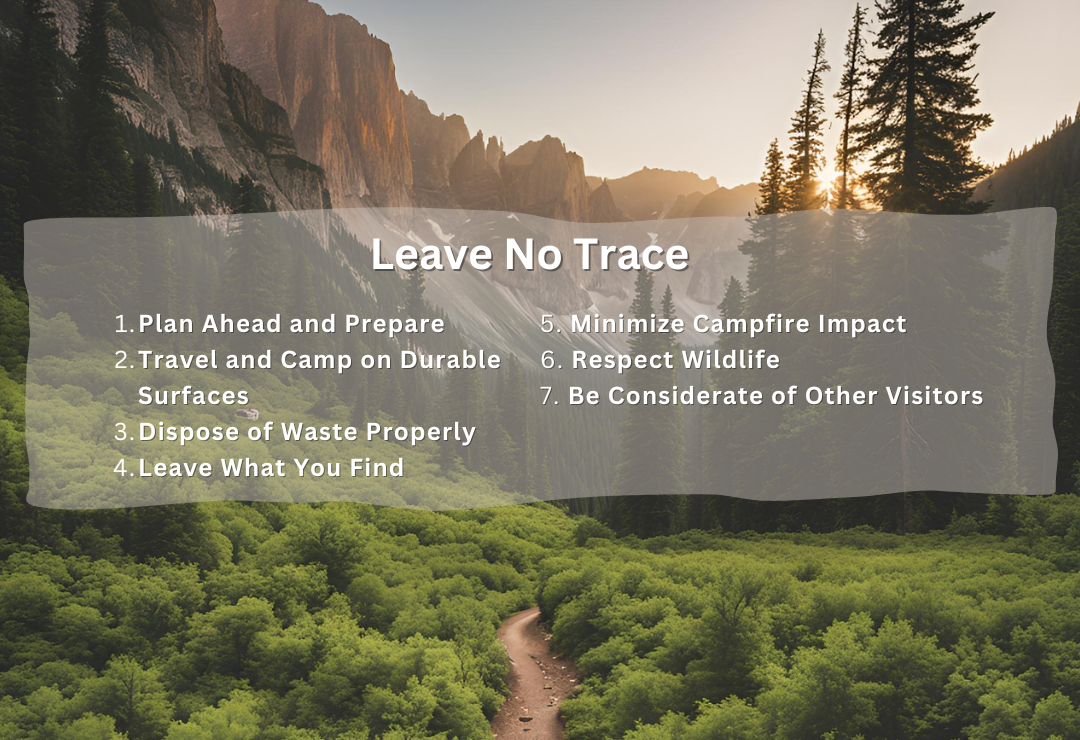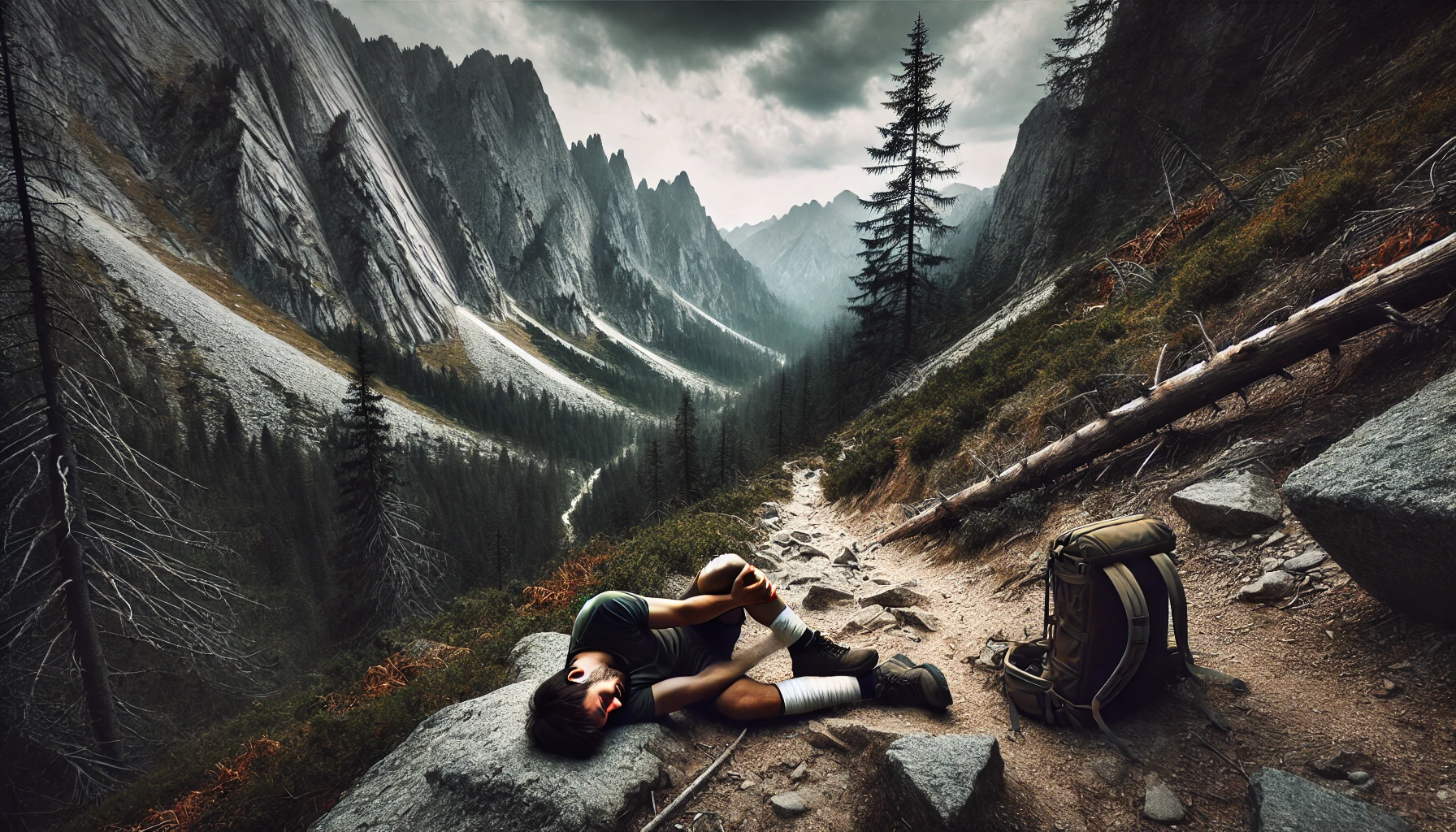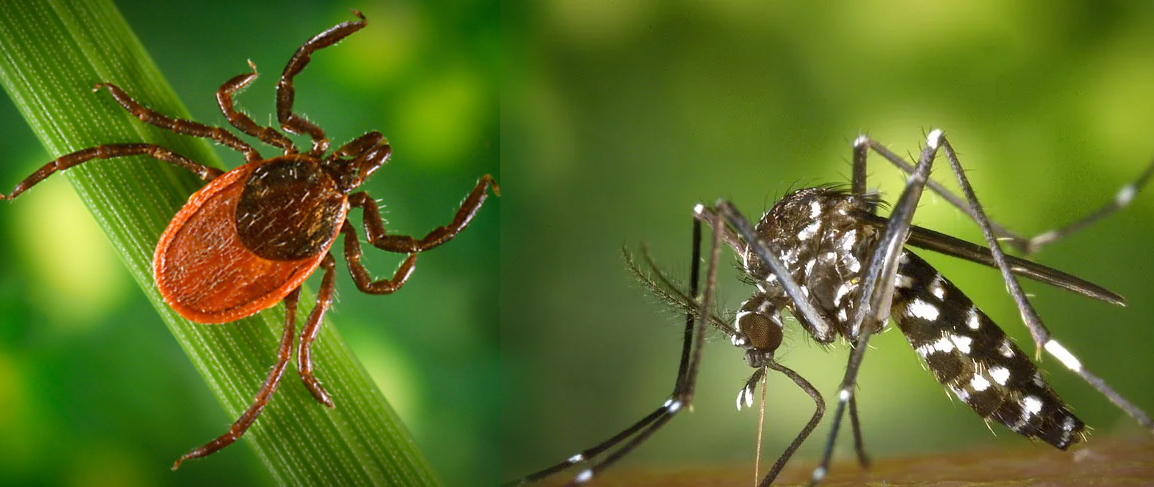
Enjoying the Outdoors: Managing Bugs While Backpacking
Backpacking allows us to connect with nature, find peace in the wilderness, and explore beautiful landscapes. However, one aspect that can ruin the experience for some is dealing with bugs. Mosquitoes, ticks, flies, and other insects can be a nuisance, but with some preparation and knowledge, you can minimize the issue. Here’s how to prevent bugs from ruining your backpacking trip.
1. Preparation Before the Trip
Research Your Destination: Different areas have different bugs to deal with. Research the types of insects you might encounter and prepare accordingly. For example, if you are camping in northern Minnesota in the summer, expect a ton of mosquitoes and flies. Hiking in the Northeast, expect to deal with ticks. The same applies if you are hiking in Arkansas or Missouri. During our backpacking trip by the Buffalo River in Arkansas, we were constantly dealing with ticks.
Pack the Right Gear:
- Bug Spray: Choose a repellent containing DEET, Picaridin, or natural options like lemon eucalyptus oil. I’ve had great luck using Picaridin. Sawyer makes a product that has worked better than DEET for me when dealing with lots of mosquitoes and flies.
- Permethrin: Treat your clothing, tent, and gear with permethrin, an insecticide that repels and kills ticks and mosquitoes. Sawyer also makes a permethrin product that is easy to use and comes in a convenient spray bottle. It should last for up to six washes when treating your clothes.
- Bug Net: Carry a head net. Head nets work best when used with a hat; the brim will keep the net off your face and head, preventing mosquitoes from reaching your skin.
- Proper Clothing: Wear long sleeves and pants, preferably in light colors, as they are less attractive to mosquitoes. Everyone has their own preferences, but I never hike in shorts. In addition to protecting against bugs, long pants help prevent scratches and cuts from brushy trails. I prefer high-performance hiking pants, preferably with leg vents, so I can easily dump heat during hot summer hikes.
2. Setting Up Camp
Location: Choose your campsite carefully. Avoid setting up near stagnant water, dense vegetation, or areas with a lot of animal activity, as these are prime bug habitats.
Timing: Set up camp and get your camp chores done during daylight hours. Bugs, especially mosquitoes, are most active at dawn and dusk.
Shelter: Ensure your tent has a good bug net and keep it closed as much as possible. Escape to your tent during peak bug hours to give yourself a break from the bugs.
3. While on the Trail
Use Repellent Regularly: Apply bug spray to all exposed skin and reapply according to the product instructions, especially if you’re sweating or have been swimming.
Avoid Fragrances: Bugs are attracted to perfumes, scented lotions, and even the smell of some sunscreens. Opt for unscented products. Plus, if you are applying perfume to go hiking, what are you doing?
Stay on the Move: Bugs are less likely to bother you if you keep moving. Take breaks in open, breezy areas where bugs are less prevalent.
4. At Camp
Have a Fire: Set up a small campfire if regulations allow. Smoke helps keep bugs at bay.
Find a Spot with a Breeze: Wind can interfere with mosquitoes’ ability to fly, so it acts as a natural repellent. While you don’t want to camp in a spot that is totally exposed to strong winds, a slight breeze is beneficial.
Inspect Regularly: Check yourself and your gear for ticks and other insects regularly, especially after hiking through dense vegetation or sitting on the ground. Carry a tick removal tool or a set of tweezers. If you find a tick attached to you, remove it right away.
Dealing with bugs while backpacking requires a combination of preparation and smart camping practices. By following these tips, you can significantly reduce the impact of insects on your outdoor adventure, allowing you to fully enjoy backpacking even in peak bug season. Happy hiking!
Matt Vittal
Matt is a software engineer living in Northwest Montana. He is an avid outdoorsman who spends his free time hiking, backpacking, camping, hunting, and fishing.
